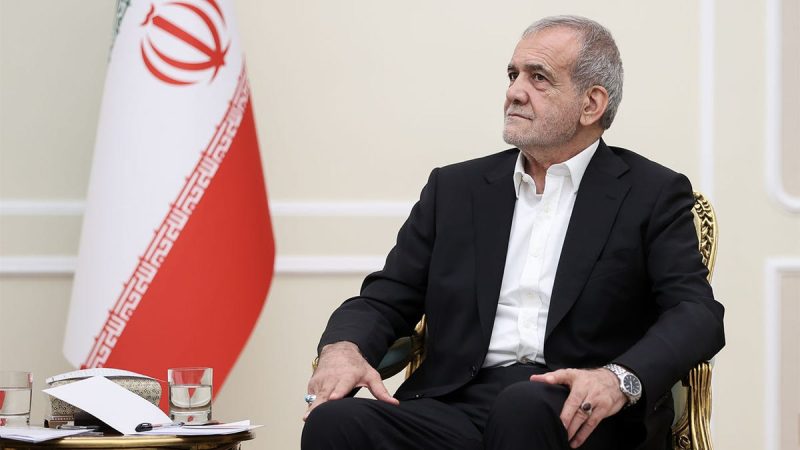The recent escalation between Iran and Israel has brought the United States into the fray, issuing a stern warning to Iran of the serious risks involved if it proceeds with a retaliatory attack against Israel. Tensions between the two Middle Eastern nations have been simmering for years, with the conflict taking on new dimensions as Iran seeks to expand its influence in the region, particularly through its support of proxy groups like Hezbollah in Lebanon and Hamas in the Gaza Strip.
The latest warning from the U.S. comes in response to reports that Iran is considering a retaliatory attack against Israel following a series of alleged Israeli strikes on Iranian forces in Syria. These strikes are seen as part of Israel’s efforts to prevent Iran from establishing a military foothold in Syria, where it has been providing support to the Assad regime in the ongoing civil war.
The U.S. warning underscores the complex dynamics of the Middle East, where multiple actors with competing interests are engaged in a delicate balancing act to safeguard their own strategic goals. The U.S. has long been a staunch ally of Israel and has a vested interest in preventing any escalation of conflict in the region that could jeopardize regional stability and U.S. interests.
Iran, on the other hand, sees itself as a regional power and a bulwark against what it perceives as Western interference in the Middle East. Its support for groups like Hezbollah and Hamas is part of its broader strategy to counter Israeli and U.S. influence in the region, a strategy that has put it at odds with both countries.
The prospect of a direct confrontation between Iran and Israel is a cause for concern not just for the parties involved, but for the broader international community as well. The Middle East is already a tinderbox of conflict and instability, with numerous flashpoints that could ignite into broader conflagrations if not managed carefully.
The U.S. warning to Iran is a clear signal that it will not tolerate any destabilizing actions that could lead to a wider conflict in the region. It is a reminder of the responsibility that all actors in the region have to exercise restraint and seek diplomatic solutions to their differences, rather than resorting to violence and bloodshed.
As the situation continues to evolve, all eyes will be on Iran and Israel to see how they navigate the current crisis and whether they can find a way to de-escalate tensions before they spiral out of control. The U.S. warning serves as a timely reminder of the high stakes involved and the need for all parties to tread carefully in the complex and volatile landscape of the Middle East.

